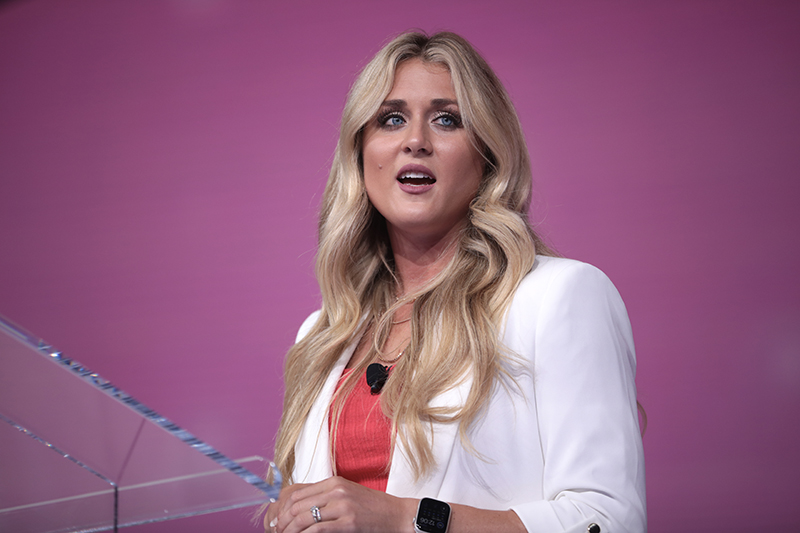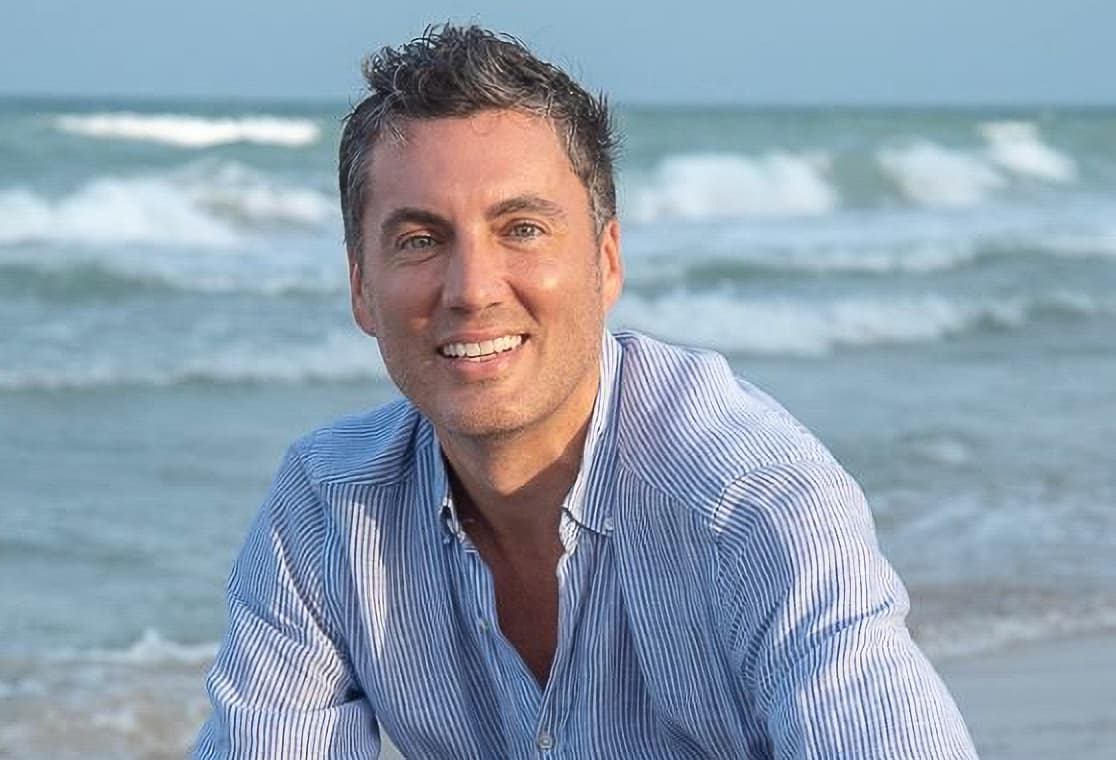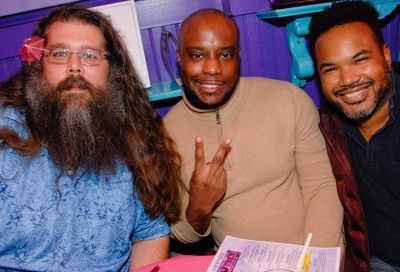Federal Judge Refuses to Block Colorado’s Conversion Therapy Ban
Judge finds state's law prohibiting so-called "aversion therapy" does not infringe on therapist's free speech rights.

A federal judge has rejected a lawsuit seeking to block a Colorado law prohibiting therapists from subjecting minors to conversion therapy or other attempts to forcibly change a person’s sexual orientation or gender identity.
Under the law, passed in 2019, mental health professionals are prohibited from subjecting minor patients to so-called “aversion therapy,” which is designed to curb a person’s desires or alter their behavior by linking same-sex thoughts or attraction with negative associations, such as a physical response.
For example, different types of aversion therapy may include inducing nausea or vomiting, providing electric shocks, or having a patient snap an elastic band around the wrist.
Kaley Chiles, a licensed professional counselor in Colorado who identifies as a Christian, sued the state Department of Regulatory Agencies over the law, claiming that its provisions infringe on her ability to treat LGBTQ-identifying minors, by prohibiting her from “fully exploring” clients’ “bodily experiences around sexuality and gender,” including “unwanted sexual attraction, behaviors, or identity,” reports Law.com.
Chiles claimed that the law violates her constitutional rights under the First Amendment and Fourteenth Amendments because it punishes her for exercising her free speech rights, and prevents her from treating patients in a manner consistent with her Christian beliefs.
But U.S. District Judge Charlotte Sweeney, of the District of Colorado, rejected Chiles’ assertions and refused to block the law.
“Ms. Chiles argues that Colorado’s regulation of specific therapeutic practices unlawfully abridges what she can say to her minor clients,” Sweeney said in her written opinion. “It does not.”
Chiles argued that, even though state officials have not threatened to revoke her licenses to practice, she expects that they may one day do so. As such, she has standing to pursue a lawsuit on the grounds that she may be harmed or impacted by enforcement of the ban on conversion therapy.
While Sweeney found that Chiles had met the burden of proof of showing that there is a credible threat that the state might one day enforce the law against her, she disagreed that Chiles has “third-party standing” to assert the free speech rights of her clients.
Citing a recent 9th U.S. Circuit Court of Appeals decision upholding a similar ban in Washington State, Sweeney found that the state may prohibit health care providers from engaging in certain practices, and rejected Chiles’s assertions that the law regulates speech rather than conduct.
“Simply put, the court agrees with defendants that the Minor Therapy Conversion Law narrowly prohibits therapeutic practices that promote particular sexual orientations or gender identities — not practices that support, facilitate, or assist minor clients’ exploration of those orientations or identities,” Sweeney said in her opinion.
“Regulations of professional conduct are constitutionally permissible,” Sweeney added. “When a state regulates professional conduct that ‘incidentally involves speech,’ the First Amendment ‘affords less protection’ for the incidental professional speech.”
Sweeney also found that the conversion therapy ban is facially neutral and generally applicable, and is explicit about which practices it seeks to ban.
“The Minor Therapy Conversion Law defines what is — and is not — considered ‘conversion therapy,’ and what therapeutic practices violate the law,” Sweeney noted.
Sweeney also criticized Chiles’s arguments comparing the type of therapy she engages in to “book club discussions” as “disingenuous,” noting that Chiles also claims that the doctor-patient relationships between her and her clients are based on “deeply held trust.”
“The therapeutic work for which [Chiles] obtained a graduate degree and professional licensure is incomparable to casual conversations about New York Times bestsellers,” Sweeney wrote.
“In the case of children who identify as lesbian, gay, bisexual, cisgender, transgender, or gender nonconforming, they are entitled to treatment — regardless of its outcome — that does not take a cavalier approach to their ‘dignity and worth,’ Sweeney added. “And at the bare minimum, they are also entitled to a state’s protection from therapeutic modalities that have been shown to cause longstanding psychological and physical damage.”
Support Metro Weekly’s Journalism
These are challenging times for news organizations. And yet it’s crucial we stay active and provide vital resources and information to both our local readers and the world. So won’t you please take a moment and consider supporting Metro Weekly with a membership? For as little as $5 a month, you can help ensure Metro Weekly magazine and MetroWeekly.com remain free, viable resources as we provide the best, most diverse, culturally-resonant LGBTQ coverage in both the D.C. region and around the world. Memberships come with exclusive perks and discounts, your own personal digital delivery of each week’s magazine (and an archive), access to our Member's Lounge when it launches this fall, and exclusive members-only items like Metro Weekly Membership Mugs and Tote Bags! Check out all our membership levels here and please join us today!























